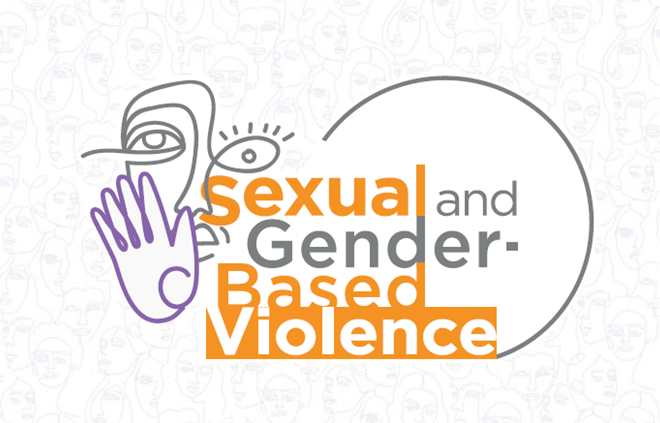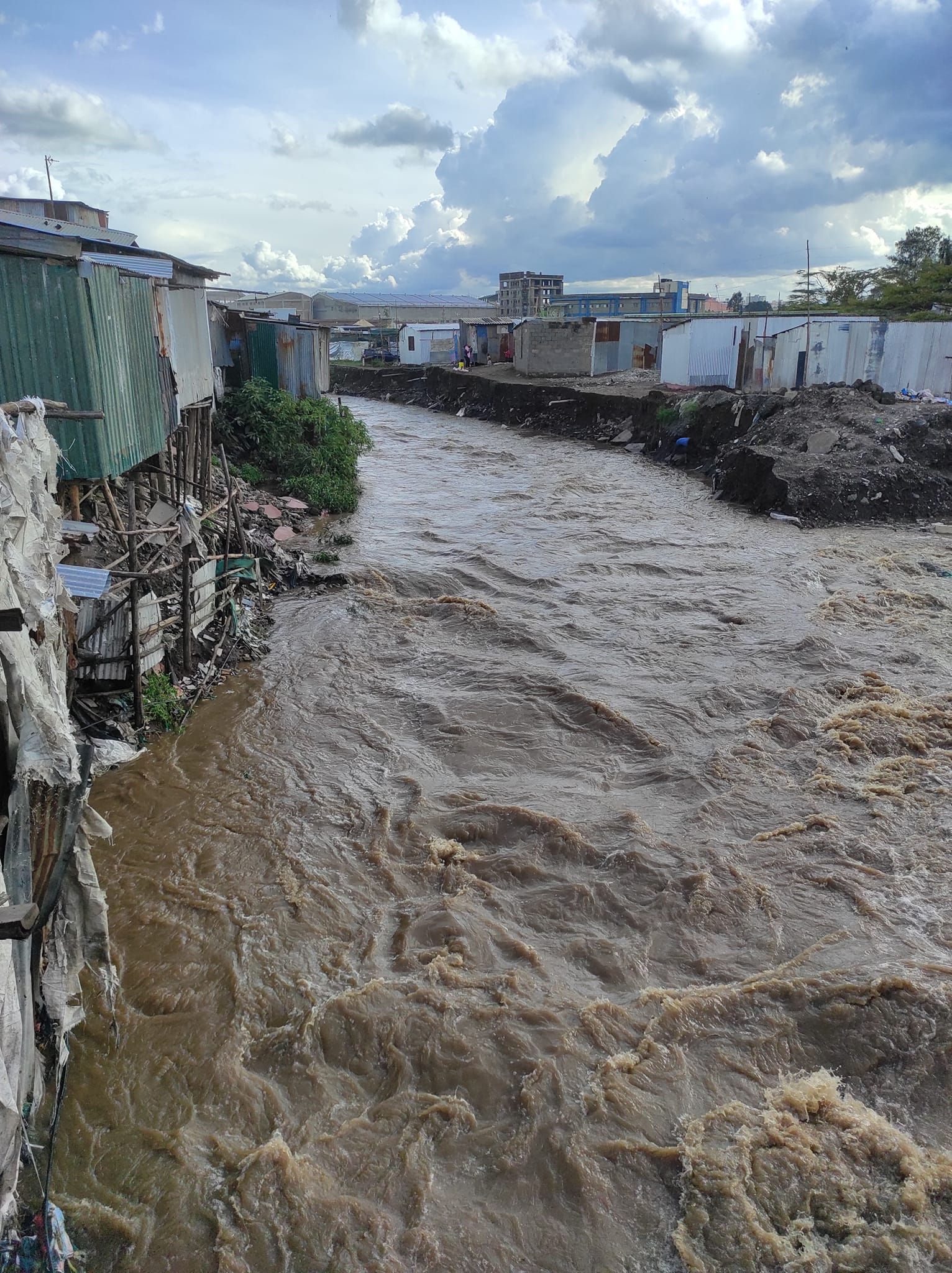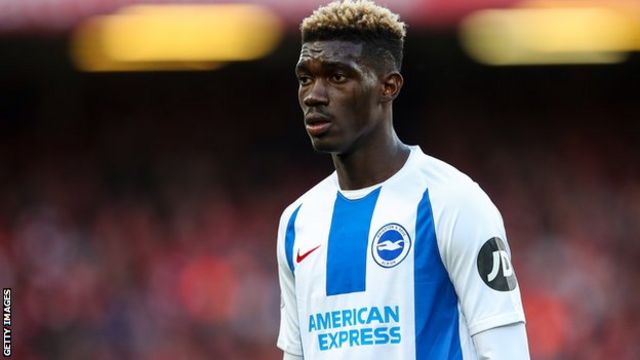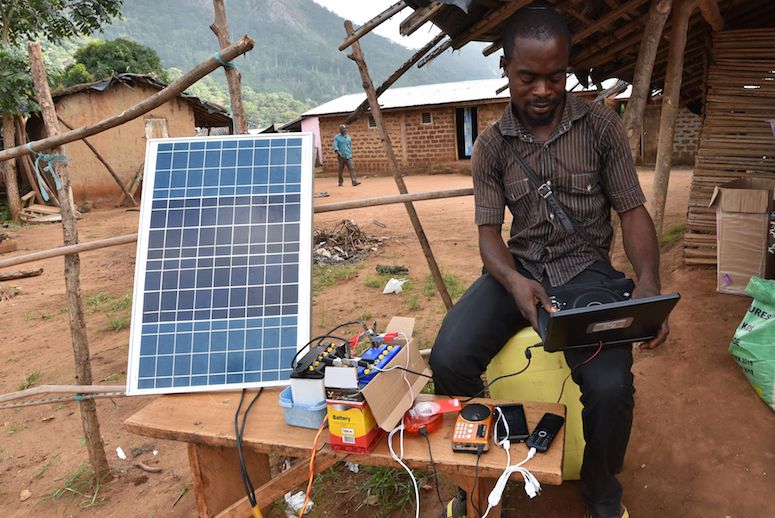FALSE: Photo does not show the drought situation in Embolioi, Kajiado County, in October 2022
FALSE: This photo of a street with cracks is not of River Road, Nairobi
The image is of Bree Street in Johannesburg, South Africa.
This Facebook post with a photo, supposedly of cracks on Nairobi’s River Road is FALSE.
The attached image is of a section of a road with cracks. On the sides are onlookers.
The text accompanying the photo reads: “Miujiza Nairobi River Road Barbara imecrack (Miracles in Nairobi River Road the road has cracked).
River Road is in the eastern part of Nairobi’s Central Business District. It is one of the busiest areas in the Kenyan capital city.
But is the photo of River Road?
A Google reverse image search showed that the photo is of Bree Street in Johannesburg, South Africa. Part of the street sank after an underground explosion in July 2023.
Investigation outlines three possible scenarios that led to CBD explosions
The City of Johannesburg’s preliminary investigation has identified three possible scenarios which could have led to…
www.sowetanlive.co.za
The photo of the blast was also covered by other publications such as Times Live, SABC News, The World News, and Joburgetc.
Media reports indicate that the 19 July 2023 blast may have been caused by an underground gas explosion, but investigations are still ongoing.
At a media briefing on 24 July 2023, Kabelo Gwamanda, the executive mayor of Johannesburg, confirmed that one person died from the blast while 48 others were injured.
A keyword search established that no credible media outlet had reported such cracks on Nairobi’s River Road.
PesaCheck looked into a post with a photo supposedly of huge cracks on Nairobi’s River Road and found it to be FALSE.
This post is part of an ongoing series of PesaCheck fact-checks examining content marked as potential misinformation on Facebook and other social media platforms.
By partnering with Facebook and similar social media platforms, third-party fact-checking organisations like PesaCheck are helping to sort fact from fiction. We do this by giving the public deeper insight and context to posts they see in their social media feeds.
Have you spotted what you think is fake or false information on Facebook? Here’s how you can report. And, here’s more information on PesaCheck’s methodology for fact-checking questionable content.
This fact-check was written by PesaCheck fact-checker Rodgers Omondi and edited by PesaCheck senior copy editor Cédrick Irakoze and acting chief copy editor Francis Mwaniki.
The article was approved for publication by PesaCheck managing editor Doreen Wainainah.
PesaCheck is East Africa’s first public finance fact-checking initiative. It was co-founded by Catherine Gicheru and Justin Arenstein, and is being incubated by the continent’s largest civic technology and data journalism accelerator: Code for Africa. It seeks to help the public separate fact from fiction in public pronouncements about the numbers that shape our world, with a special emphasis on pronouncements about public finances that shape government’s delivery of Sustainable Development Goals (SDG) public services, such as healthcare, rural development and access to water / sanitation. PesaCheck also tests the accuracy of media reportage. To find out more about the project, visit pesacheck.org.
PesaCheck is an initiative of Code for Africa, through its innovateAFRICA fund, with support from Deutsche Welle Akademie, in partnership with a coalition of local African media and other civic watchdog organisations.






